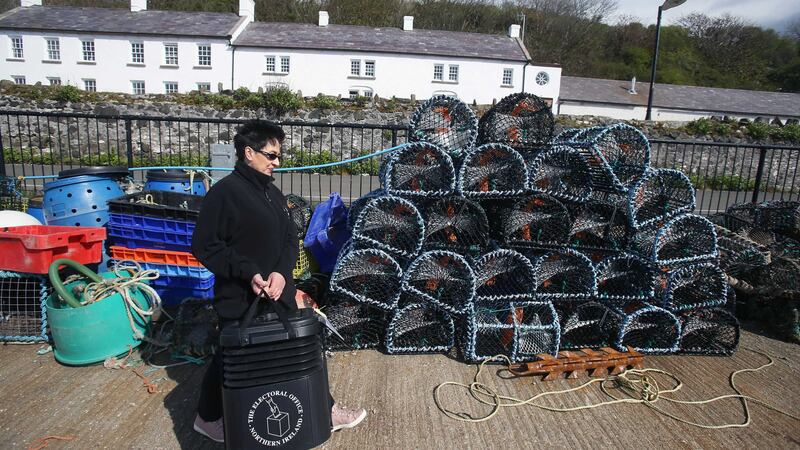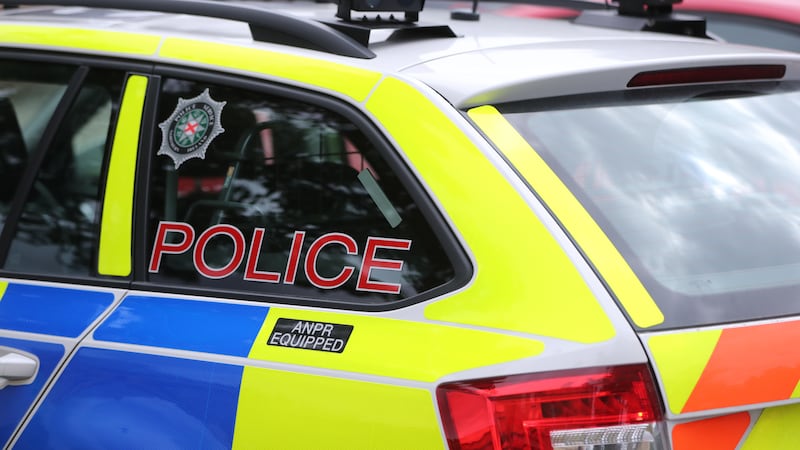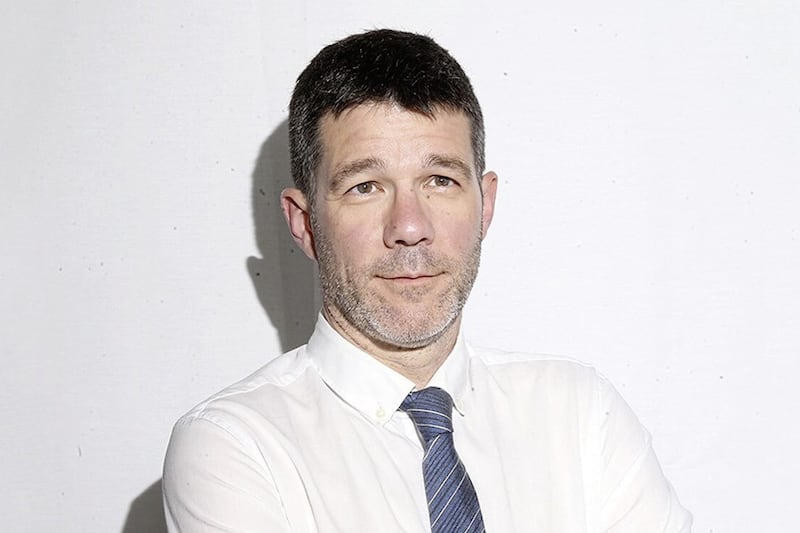POLITICAL leaders in the north have made their final pitch for votes ahead of the Assembly election.
The DUP and Sinn Fein are again likely to emerge as the two largest parties on their respective sides of the unionist/nationalist political divide after polls close on Thursday night.
DUP leader Arlene Foster has placed particular onus on seeing off the challenge of Sinn Fein veteran Martin McGuinness in the race to see which one of them takes the first minister's job ahead of the deputy first minister's job.
In her eve of poll message, Mrs Foster insisted the outcome of the election was not a foregone conclusion.
"Such complacency would be a real danger for unionism," said the outgoing first minister. "Every vote, and every transfer will matter."
She added: "The role of first minister has huge symbolic significance at home and abroad. Of course in our system of government we need to work with other parties to get things done, but it is essential that we can negotiate with them from a position of strength."
Deputy first minister Mr McGuinness said Sinn Fein would deliver "progress and change" in the new mandate.
"In the Assembly Sinn Fein worked hard, creating jobs, reducing unemployment, protecting essential public services and securing more than £500 million to support those most in need," he said.
"We need a strong, positive and experienced Sinn Fein team in the Assembly to build on that progress. I am asking you to support Sinn Fein tomorrow so that we can deliver our programme of progressive policies - to grow the economy, deliver prosperity and protect the rights of all our citizens."
After a relatively low key campaign, which has seen social and economic feature more prominently than in previous electoral races, the SDLP, Ulster Unionists and Alliance Party face an uphill battle to break the DUP/Sinn Fein grip on power at Stormont.
When all 108 seats have been filled and talks begin in Belfast to shape the next coalition executive's programme for government, the smaller parties are set to face a choice between re-entering the powersharing administration as junior partners or taking up the newly established option of forming an official opposition.
With such a muted campaign, all eyes will be on the turnout figure. The percentage of voters casting a ballot in Assembly elections has been in steady decline over the last two decades. It was 54.5 per cent in 2011.
Across the north, election officials were transporting 1,380 ballot boxes to 619 polling stations on Wednesday.
At the most isolated, on Rathlin Island off the north coast, polling station manager Teresa McCurdy travelled to the mainland on the ferry on Wednesday morning to pick up a box.
The count for the 18 constituencies will be conducted through Friday and Saturday at eight centres across the region. The first results are expected on Friday afternoon with the final outcome not expected until 24 hours later.







